Clinical psychology is concerned with mental health, abnormal behaviors, and psychiatric problems. A career in this field combines psychology and dealing with complex human problems, so it’s a great choice for people who want a challenging and rewarding job.
What is clinical psychology?
The field of clinical psychology applies psychological techniques and research to clinical settings. Observation or experimentation of individuals with the intention of promoting change is one simple clinical psychology definition. Clinicians observe and work directly with patients in clinics and other settings, so their field is “clinical.”.
They may also work with other health care practitioners or social workers in a team setting. In such places as counseling centers, schools, and hospitals, clinical psychologists provide psychological services to individuals, families, and groups. They also work in clinics for the elderly and veterans.
Psychological services are typically sought by clients on their own initiative. However, court and insurance companies sometimes summon clinical psychologists to perform psychological assessments and evaluations that inform legal decisions. Consequently, psychologists evaluate the mental health of prisoners.
Their skills must be highly developed, they must have good listening skills, they must be able to recognize mental disorders, and they must provide appropriate treatment. It is also important for them to be organized, since part of their job entails collecting data and maintaining accurate client records.
Read: Cannabis Use Disorder
How does clinical psychology work?
Psychologists provide mental health care to everyone regardless of their age or background. The approaches they use may differ from one practice to another. Clinical psychology focuses on assessing a client’s mental health and providing appropriate interventions based on psychological tests and assessments.
The clinical psychologist also conducts research and provides consulting services, in addition to these primary duties. An overview of the primary responsibilities of a clinical psychologist is as follows:
Assessment: Psychologists work in a similar way to doctors in restoring physical health to help restore mental health. They need to determine what the problem is and what is causing it first. Clinical psychologists assess a client to determine whether or not a mental health problem exists. There are multiple ways to do so.
- A diagnostic interview provides the client with an opportunity to discuss himself or herself with the psychologist. Questions like these probe what the client is thinking, feeling, and doing, and how the past influences the present.
- An assessment of a client’s behavior can be performed by a clinical psychologist. Psychological assessments may reveal patterns of behavior indicative of mental disorders.
- A mental disorder can be measured by psychometric tests that are standardized. Checklists and questionnaires are often used for these formal evaluations.
Intervention: Psychologists recommend specific psychological interventions based on what their assessments reveal. Different treatments are available. Although some psychologists prefer one approach over another, multiple approaches may be used to treat a client.
The treatments require multiple sessions regardless of the approach used. It is common for mental health maintenance plans to include periodic follow-up sessions after treatment is completed.
- Many mental disorders are associated with negative thoughts and behaviors, according to cognitive behavioral theory. Through “talk therapy,” which is an honest discussion of painful and uncomfortable past experiences, these can be addressed. It is a goal of the program to help the client identify emotional triggers and train them to deal with them effectively.
- Psychodynamic approaches also help clients become aware of negative thoughts, but emphasize the unconscious. Clinical psychologists help their clients solve hidden conflicts from their past through psychoanalysis.
- Humanistic approaches are sometimes called “client-centered therapies,” which emphasize acceptance, empathy and the idea that the client knows himself or herself best. This belief also says it is more important to look at the present than to dwell on past events.
Consulting: Clinicians are often contacted by other health professionals and organizations in addition to treating clients. Collaboration on community health initiatives may be requested or expertise may be provided in other ways.
Research: The vast majority of clinical psychologists’ time is spent with clients, though they are constantly referring to the research. In some cases, clinical psychologists can also conduct their own research.
Read: Inhalant Use Disorder
What is the difference between clinical psychology and psychiatry?
Psychology and psychiatry treat mental and emotional disorders, so both are often confused. However, these disciplines differ substantially in training and methods. Patients with mental illness are typically affected by past emotional traumas or other negative influences. The treatment usually involves non-medical techniques such as talk therapy. Psychologists do not hold medical degrees but rather doctorates in either psychology (PsyD) or philosophy (PhD).
It is a psychiatrist’s job to intervene in cases in which an imbalance in brain chemistry is suspected or another physiological condition is present. Clinical psychologists use cognitive-behavioral treatments that psychiatrists know because they have undergraduate degrees in psychology. Psychiatrist is a medical doctor (MD) who specializes in treating mental illnesses. Psychiatrists can give medications, while psychologists cannot.
How does clinical psychology differ from therapy or counseling?
It is common for people to use the terms clinical psychologist, therapist, and counselor interchangeably. These professions have a lot in common, so this is not surprising. These professionals work in similar settings, such as schools and hospitals, and must be licensed through the state.
Clients typically attend clinical sessions for the purpose of resolving behavioral and psychological dysfunction. They may administer psychotherapy and prescribe coping strategies and cognitive therapies.
Clinical psychologists need higher education and clinical training than therapists, who generally only need a master’s degree. Despite their master’s degree, therapists may work with patients who do not have mental illnesses. Therapy is often sought out by people suffering from substance abuse, marital problems, or personal tragedies rather than clinical psychologists.
Read: Kleptomania
Education requirements
Clinical psychologists in the United States normally have a psychology doctorate and have received training in clinical settings. Most clinical psychologists attend graduate school for between four and six years following their undergraduate education.
In general, Ph.D. programs focus on research, whereas Psy.D. programs emphasize practice. Graduate programs in clinical psychology may also offer terminal master’s degrees.
If you are interested in clinical psychology programs, make sure they are accredited by the APA before choosing them. Clinical psychologists must complete an accredited graduate program and a period of supervised training and examination after they finish their graduate program.
The licensing requirements vary from state to state, so you should contact the licensing board in your state for more information.
The National Health Service offers programs in clinical psychology (D.Clin.Psychol. or Clin.Psy.D.) at the doctoral level for students in the United Kingdom. These programs are highly competitive and emphasize both research and practice. These programs require students to have an undergraduate degree in psychology from a program recognized by the British Psychological Society, as well as experience requirements.
Opportunities
Clinical psychologists have many different responsibilities and work in different settings (hospitals, clinics, private practices, universities, schools, etc.). The varied responsibilities and work settings require them to draw on their expertise in unique ways.
People working in clinical psychology may perform the following tasks:
- Assessing and diagnosing psychological disorders, as in a medical environment
- Treating psychological disorders, including drugs and alcohol addiction
- Providing testimony in legal proceedings
- Sometimes teaching at the university level
- Conducting research
- Developing and implementing programs to treat and prevent social problems
Psychiatrists can specialize in one or several services or provide all of them. Some people may work directly with clients in hospitals who have been diagnosed with psychological disorders, while still running a private practice that provides short- and long-term outpatient counseling to people in distress.
Read: Factitious Disorder
Bottom line
There are many popular areas of psychology, but you should consider your interests before deciding if clinical psychology is right for you. Clinical psychology may be an excellent career choice if you enjoy communicating with people and can handle stress and conflict well.
With the changing needs of the population and the shifts in healthcare policy, clinical psychology will continue to grow and evolve. Consider taking a psychology career self-test if you are still uncertain whether clinical psychology is the right career path for you.
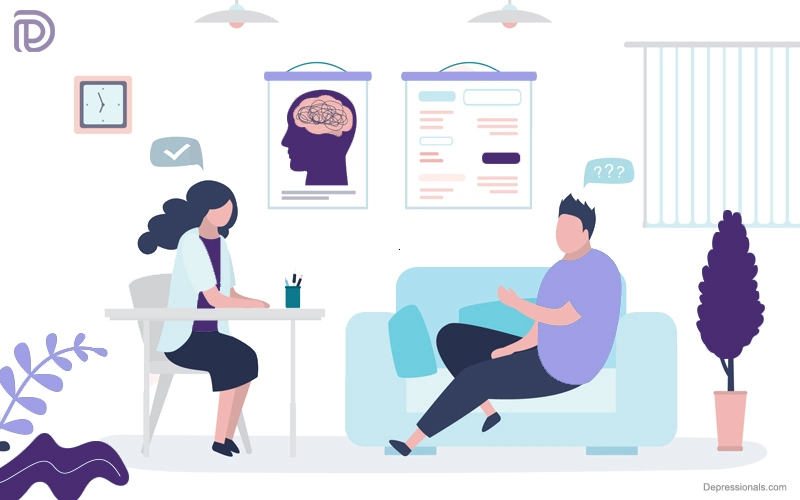
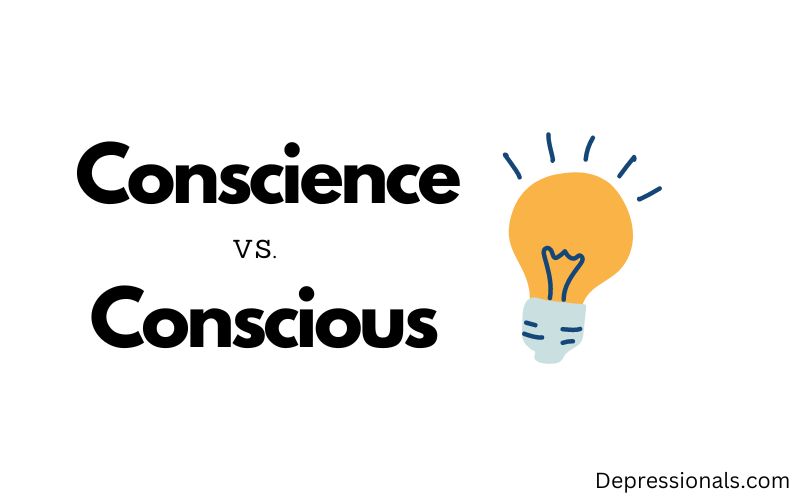
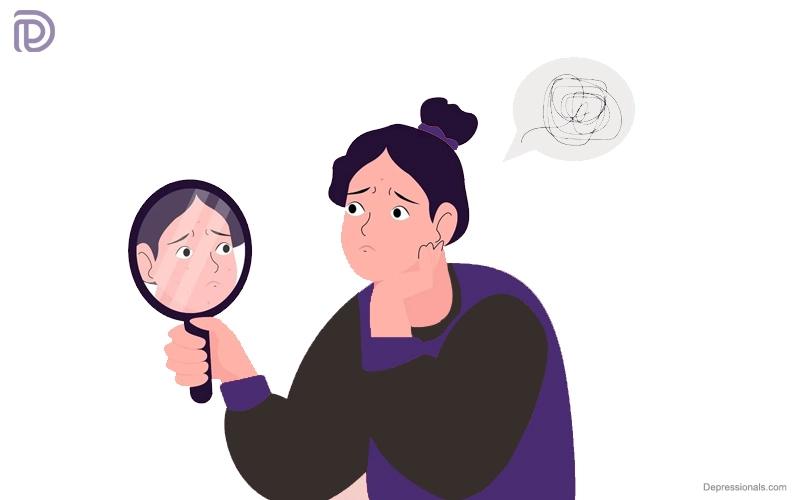
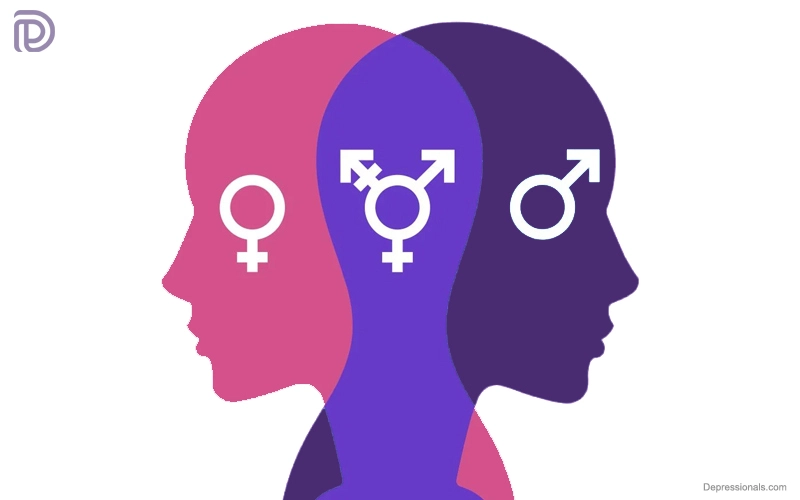
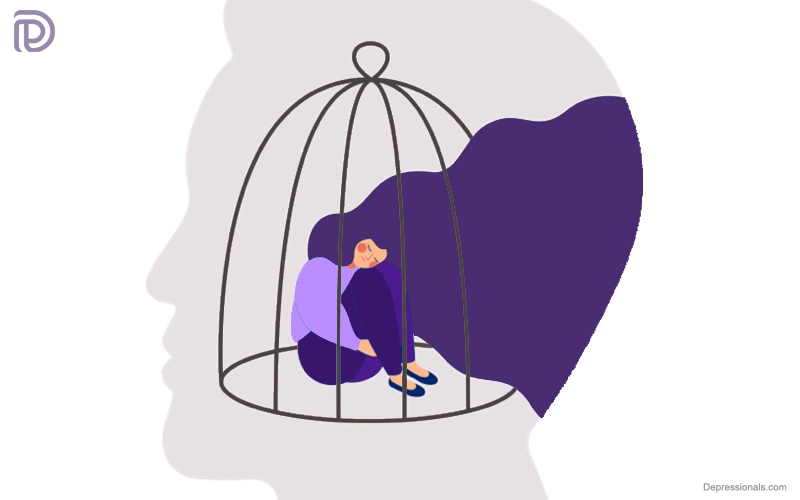

At last someone wrote something very important about such hot topic and it is very relevant nowadays.